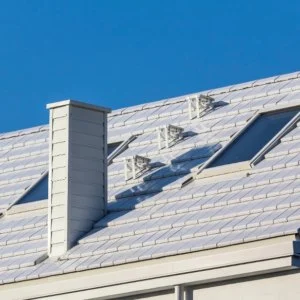
Are Cool Roofs Really Energy Efficient?
- 1 - What Are Cool Roofs?
- 2 - How Cool Roofs Improve Energy Efficiency
- 3 - The Benefits of Installing a Cool Roof in Canada
- 4 - Potential Drawbacks of Cool Roofs
- 5 - How to Choose the Right Cool Roof for Your Home
Cool roofs are specially designed roofing systems that reflect more sunlight and absorb less heat than standard roofs. These roofs are usually made from reflective materials or coatings that help lower the amount of heat transferred into your home. By keeping your home cooler, cool roofs help reduce the need for air conditioning and lower energy costs. They are especially beneficial in areas that experience hot temperatures, but their energy-saving potential can also be valuable in colder climates. Cool roofs are available in various types, including shingles, tiles, metal, and single-ply membranes, all designed to reflect sunlight and improve energy efficiency. 287 Epsom Downs Dr, North York, ON M3M 1T5, Canada Cool roofs primarily help with energy efficiency by reducing the amount of heat absorbed into the building. Here's how: BurlingtonRegional Municipality of HaltonOntario 687 Waterloo St, Burlington, ON L7R 2S9, Canada The "heat island effect" occurs when urban areas experience higher temperatures than surrounding rural areas due to the absorption of heat by dark, non-reflective surfaces like traditional roofs. Cool roofs help combat this by reflecting sunlight and absorbing less heat, which not only benefits your home but also reduces the surrounding environment's temperature. One of the main benefits of a cool roof is its ability to lower air conditioning costs. By reflecting sunlight, these roofs reduce the amount of heat entering your home, meaning your air conditioning system doesn't have to work as hard to cool the interior. In turn, this leads to lower energy bills, particularly during hot months when cooling costs typically peak. Cool roofs also help maintain more consistent indoor temperatures. With less heat entering your home, rooms stay cooler and more comfortable, even on the hottest days. This can create a more pleasant living environment, especially in areas with high summer temperatures. Although Canada experiences cold winters, cool roofs still offer several benefits in this climate: In regions like Canada where heating costs are high in winter, cool roofs can help reduce heat loss during the colder months. While their primary function is cooling in the summer, cool roofs also help maintain heat inside during winter, offering energy savings year-round. By reducing the amount of energy needed to cool your home, cool roofs help decrease your carbon footprint. In addition, these roofs contribute to reducing the urban heat island effect, which is particularly beneficial in cities where high temperatures can lead to higher energy demand and increased air pollution. Cool roofs are typically made of durable materials that reflect sunlight, helping to reduce the amount of heat and UV radiation that wears down roofing materials over time. This can result in a longer lifespan for your roof, potentially saving you money on repairs and replacements in the future. While cool roofs have many advantages, there are a few potential drawbacks to consider before installation: Cool roofs can be more expensive to install than traditional roofs. The cost varies depending on the material and size of your roof, but this upfront cost may be higher than that of conventional roofing options. However, the long-term savings on energy bills and roof maintenance may offset this initial investment. Some homeowners may not like the appearance of certain cool roofing materials, especially if they are not familiar with the reflective coatings or lighter-colored surfaces. However, advancements in roofing technology have led to aesthetically pleasing cool roofs that blend well with different architectural styles. The effectiveness of a cool roof can be influenced by the slope of the roof. For steeply pitched roofs, the performance may not be as efficient as on flat or low-slope roofs. It's important to assess your roof's characteristics to determine if a cool roof is suitable for your home. If you're considering a cool roof for your home, here are some key factors to keep in mind when choosing the right type: Cool roofs are available in several materials, including reflective shingles, tiles, metal, and membranes. Asphalt shingles with reflective coatings are a common choice, but you may want to explore other options depending on your budget, aesthetic preferences, and climate needs. Look for roofing materials that have been certified by Energy Star. These materials meet high standards for solar reflectance and thermal emittance, ensuring that your cool roof delivers the energy efficiency you expect. It’s important to hire a reputable roofing contractor experienced in installing cool roofs. Proper installation is key to ensuring that your roof performs as expected and provides the long-term benefits of reduced energy consumption and increased comfort. For more guidance on cool roofs and to find a trusted contractor in your area, visit Pickering Roofing for expert advice and solutions.1 - What Are Cool Roofs?
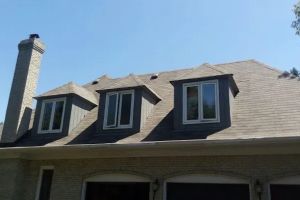
SGM Construction Roofing / sgmconstruction.ca
2 - How Cool Roofs Improve Energy Efficiency

Custom Contracting Burlington Roofing & Eavestrough Repair Burlington / eavestrough burlington
1. Reducing the Heat Island Effect
2. Lower Cooling Costs
3. Improved Indoor Comfort
3 - The Benefits of Installing a Cool Roof in Canada
1. Lower Energy Costs Year-Round
2. Sustainability and Environmental Benefits
3. Extended Roof Lifespan
4 - Potential Drawbacks of Cool Roofs
1. Higher Initial Installation Costs
2. Aesthetic Considerations
3. Effectiveness Depends on Roof Slope
5 - How to Choose the Right Cool Roof for Your Home
1. Material Options
2. Energy Star Rating
3. Professional Installation

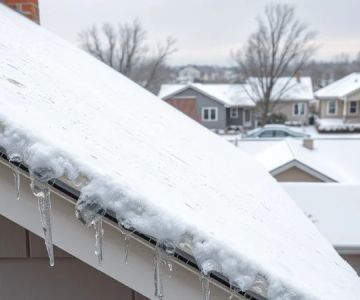
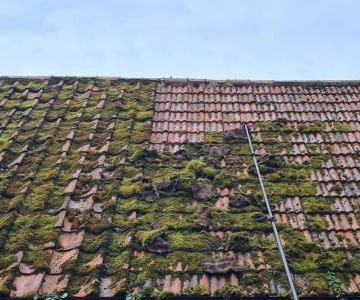
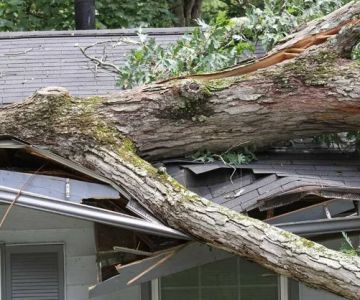
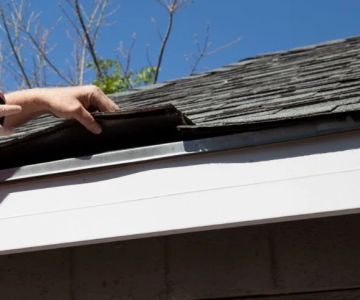
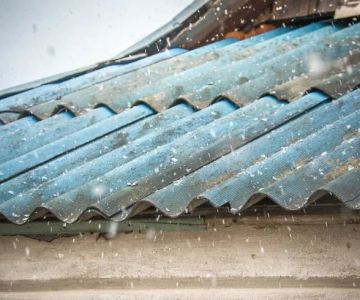
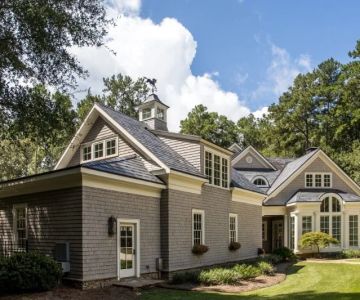
 Gateway Exteriors Inc.4.0 (101 reviews)
Gateway Exteriors Inc.4.0 (101 reviews) ELITE ROOFERS INC.5.0 (19 reviews)
ELITE ROOFERS INC.5.0 (19 reviews)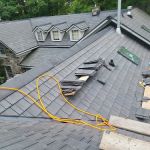 BLGR Contracting LTD steel roofing specialists0.0 (0 reviews)
BLGR Contracting LTD steel roofing specialists0.0 (0 reviews)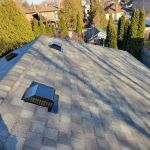 PD Roofing4.0 (7 reviews)
PD Roofing4.0 (7 reviews)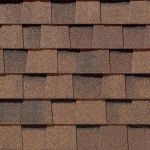 Reliable Roofers5.0 (33 reviews)
Reliable Roofers5.0 (33 reviews) AllPro Roofing Inc4.0 (159 reviews)
AllPro Roofing Inc4.0 (159 reviews)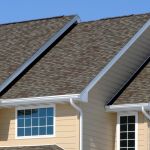 How Much Does a New Roof Cost in 2025? Canadian Roofing Price Guide
How Much Does a New Roof Cost in 2025? Canadian Roofing Price Guide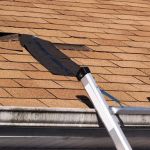 Top Signs Your Roof Has a Leak and What to Do About It in Canada
Top Signs Your Roof Has a Leak and What to Do About It in Canada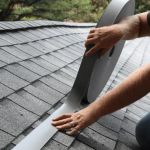 Can You Install a New Roof Over an Old One in Canada?
Can You Install a New Roof Over an Old One in Canada? The Top Questions to Ask Before Hiring a Roofer in Canada
The Top Questions to Ask Before Hiring a Roofer in Canada What Are the Most Common Roofing Scams and How to Avoid Them in Canada
What Are the Most Common Roofing Scams and How to Avoid Them in Canada How to Prepare Your Home for a Roofing Project in Canada
How to Prepare Your Home for a Roofing Project in Canada